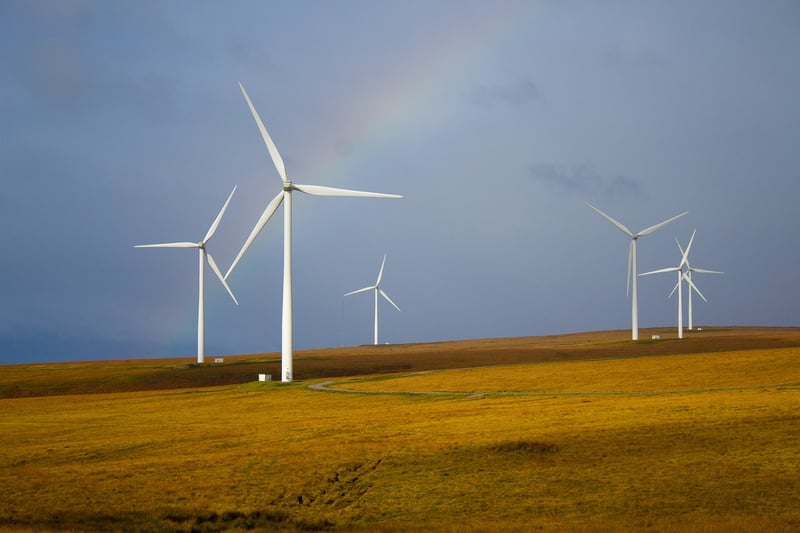Sustainable food production
The Future of Agriculture: Innovative Practices for Sustainable Food Production
In recent years, the agricultural industry has seen a shift towards innovative practices that focus on sustainability. These new methods not only aim to increase productivity but also prioritize environmental conservation and resource efficiency. Let's explore some of the groundbreaking techniques that are shaping the future of agriculture.
1. Vertical Farming

Vertical farming involves growing crops in vertically stacked layers, often in controlled environments like warehouses or skyscrapers. This method utilizes innovative technologies such as hydroponics and LED lighting to optimize growth conditions. Vertical farming reduces the need for arable land, minimizes water usage, and eliminates the use of harmful pesticides.
2. Precision Agriculture

Precision agriculture involves the use of technology, such as GPS guidance systems and drones, to optimize farming practices. By collecting data on soil conditions, crop health, and weather patterns, farmers can make informed decisions to maximize yields while minimizing inputs. This data-driven approach leads to increased efficiency and reduced environmental impact.
3. Agroforestry

Agroforestry integrates trees and shrubs into traditional agricultural systems, offering multiple benefits such as improved soil health, biodiversity conservation, and carbon sequestration. By diversifying crops and incorporating woody perennials, farmers can enhance ecosystem resilience and create more sustainable production models.
4. Aquaponics

Aquaponics combines aquaculture (fish farming) with hydroponics (soil-less plant cultivation) in a symbiotic system. Fish waste provides nutrients for plants, while plants filter and purify the water for the fish. This closed-loop system maximizes resource efficiency, reduces waste, and produces both fish and vegetables in a sustainable manner.
By embracing these innovative agricultural practices, farmers can contribute to sustainable food production while safeguarding the environment for future generations. The future of agriculture is indeed bright, driven by a commitment to innovation and sustainability.
References: FAO - Sustainable Food and Agriculture
